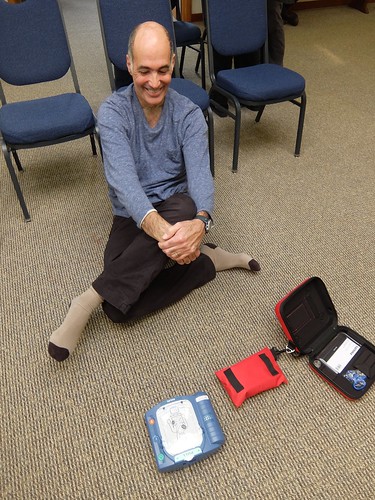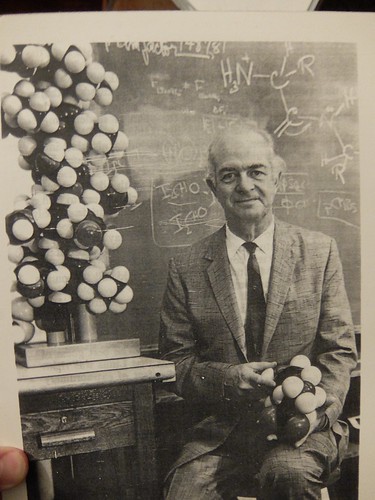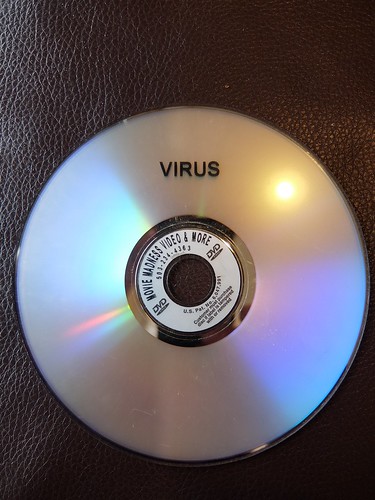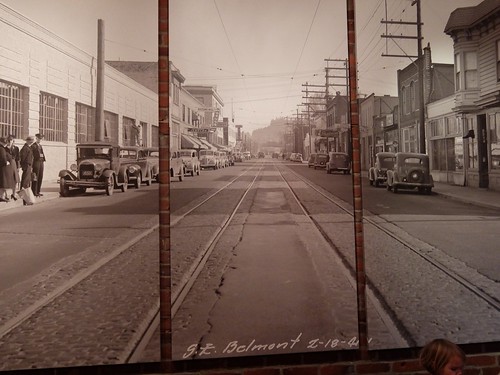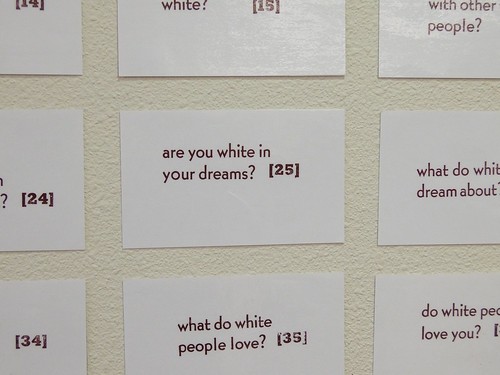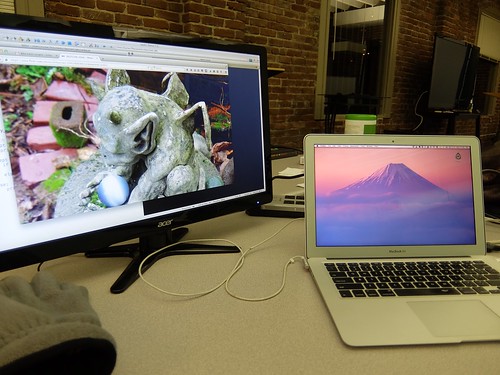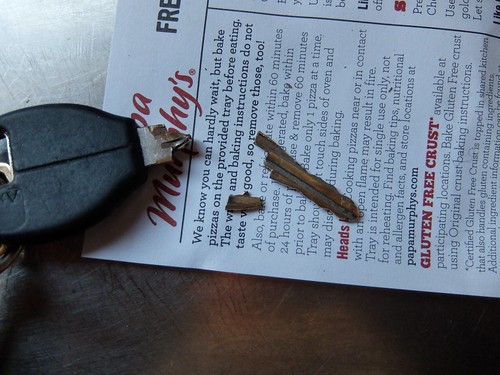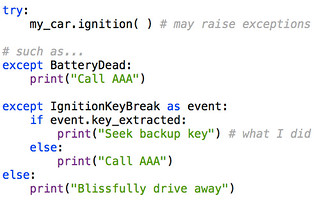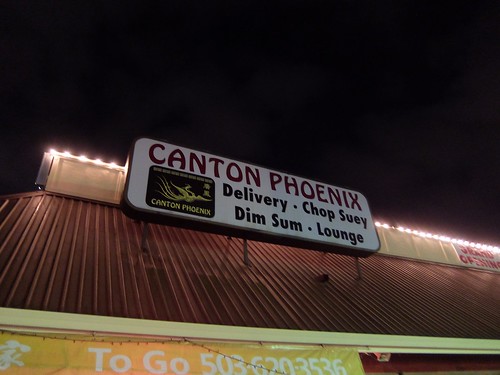Students lucky enough to get exposure to RSA (the algorithm) along their math track, like at the exclusive
Phillips Academy, are likely having more informed debates in their classrooms, regarding the
Apple vs. FBI standoff.
They're certainly better equipped, concept-wise, than less privileged kids who might not even
get any SQL, even in all four years of high school (!).
An aspect of that story I see differently reported is:
(A) when the passcode is miss-entered more than 10 times, the phone wipes away its data (99% of the stories put it this way)
(B) the phone doesn't have to wipe out anything except the decryption key, leaving the phone encrypted forever (1% put it
this other way).
One might argue the difference between "erased" and "indecipherable" is negligible, but I think it's an important distinction to make.
The "erased" mental model leaves people with an over-simplified understanding of why the FBI couldn't get to the data in that case: it's gone.
The "forever encrypted" mental model reminds the public of something else: the data is still there, just the code is uncrackable. That means ordinary people have access to uncrackable codes? Sure thing, but not everyone understands that, even in 2016.
Those who understand RSA will have a better appreciation for how this might be mathematically possible. One needs a pair of numbers to unlock the scrambled data (N, d). Lose the d, and all is lost, unless N were too small in in the first place. RSA may fall in the future, when quantum computing is more a reality but
as of today it's still "military grade" (uber-secure) and embedded in every web browser.
My own view on the matter is a state should not be precluded in principle from running businesses, applying its own decals and ideals, and that Uncle Sam smartphones or whatever could be handed out, perhaps free of charge, to underprivileged, say through public schools.
We all should cell phones, if only for safety reasons. We use them to report suspicious, potentially terrifying activities. If you're family can't afford one, Uncle Sam will step in, even offering classes in how to use it.
The USG branded models be FBI hackable of course (a feature not a bug) and will come with many other benefits only the US is in a position to deliver: a wide range of special apps, foregrounding the many benefits of US citizenship. You'll be able to vote, pay taxes, and check your social security benefits, all from your Uncle Sam smartphone.
My suggestion does not solve the specific problem of the San Bernadino iPhone, however I do think patriots who want to make a statement of support, should be able to go to Walmart or other outlet and buy whatever ideologically correct phone suits their persona.
The USG might even mandate its smartphones be used at work, by Federal employees. The FBI will get to "eat its own dogfood" (practice what it preaches).
Sure, would-be criminals will prefer privacy over affordability and convenience, but then ordinary citizens have access to the same cryptographic techniques they do, no license or background check required.
That cat is well out of the bag.
RSA is no longer under any patent restrictions.
Freely downloaded apps make it easy to encrypt practically any data or communication. We crossed that bridge a long time ago, in the days of Pretty Good Privacy (PGP) and so on.
Extrapolating further: I'd like to see Uncle Sam with its own chain of hotels, a rental car company, an airline... These businesses will need to be open source / open book so people learn from their transparency. They're still have to turn a profit, to pay their own way. They're a source of revenue for the country.
We've taken privatization a long way; let's try going the other way for a change. In the Kingdom of Bhutan, the army helps pay bills by distilling alcoholic beverages, sold in the commercial market.
I'm not talking about the government nationalizing the oil companies or the banks. The USG already runs hospitals (the VA) and a postal service, prisons, a lot of schools. Why not a competitive phone service as well, accessible to ordinary consumers, not just Federal employees?
These businesses could serve as role models, showing other capitalists how it's done. Those who always criticize the government for not understanding about business, will have less of an argument.
